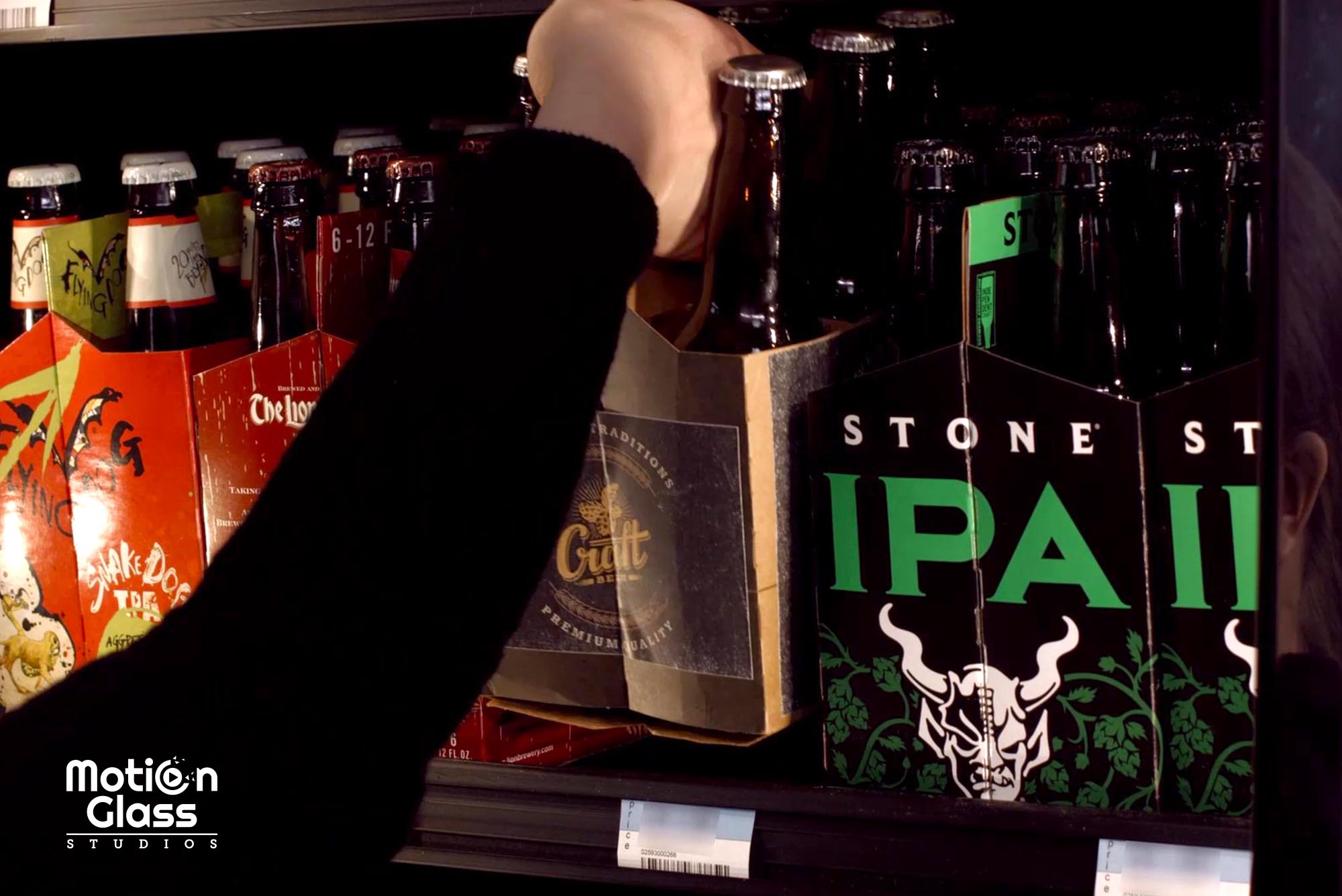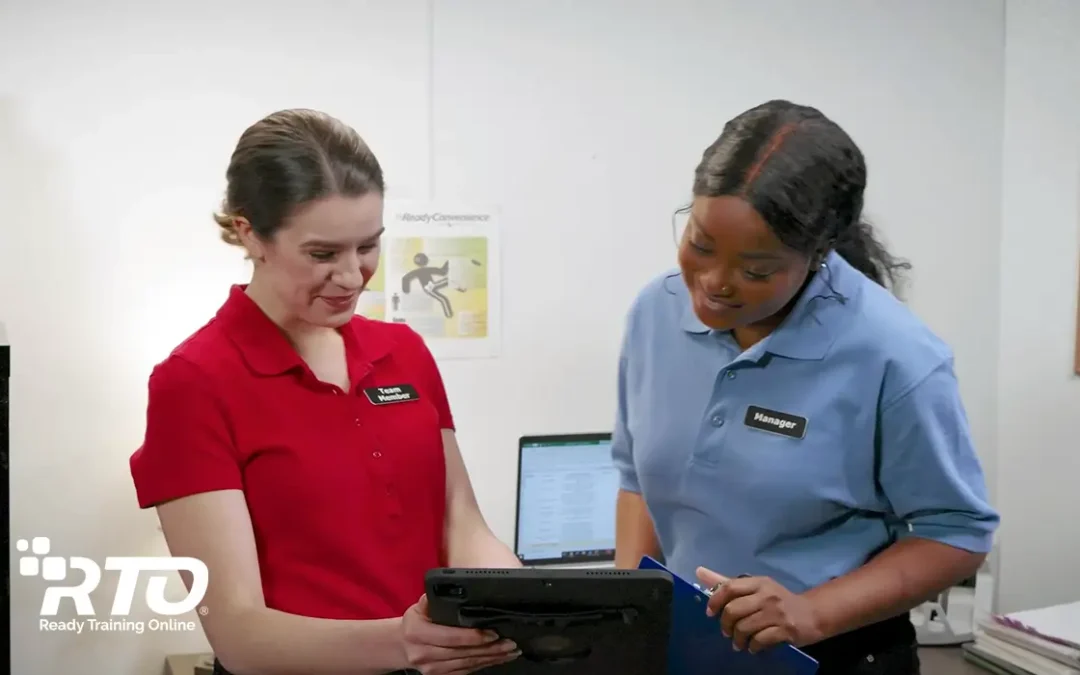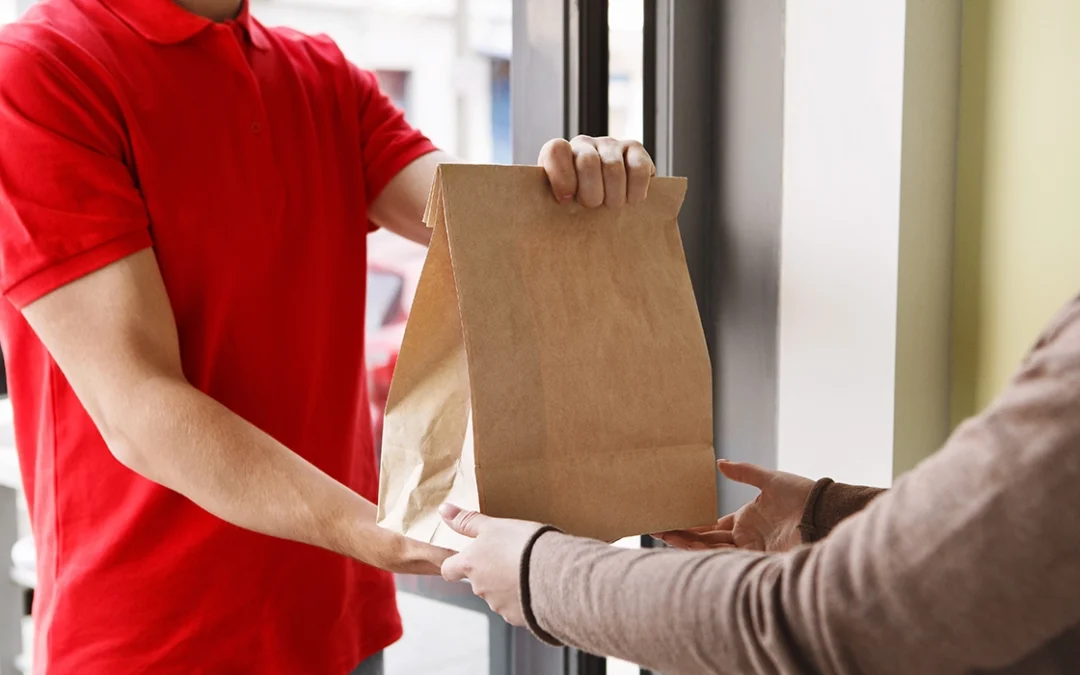Alcohol Awareness Month is just around the corner in April. Created by the National Council on Alcoholism and Drug Dependence in 1987, the focus of this campaign is to bring awareness to alcoholism and recovery. Alcohol overconsumption is a societal problem, and all businesses that sell alcohol can be part of the solution by following alcohol sales laws. Alcohol Awareness Month is the perfect time for your convenience store to conduct responsible alcohol sales training. Make sure your employees walk away from your training with this knowledge:
Know the consequences. It’s estimated that nearly 88,000 people die from alcohol-related causes in the U.S. every year. According to the National Institute of Alcohol Abuse and Alcoholism, excessive alcohol consumption is one of the leading causes of preventable deaths in the United States. If you sell alcohol to someone without following federal, state, and local compliance laws, you can be held personally liable for injuries, property damages, or deaths that happen as a result of the alcohol you illegally sold.
Do not sell to anyone under 21. Teens and young adults are at an even greater risk of being injured or killed in an alcohol-related accident. It is a federal crime to sell alcohol to anyone who is under the age of 21. A good guideline many stores use is to card anyone who looks under 35. Since this is ultimately a judgment call, an even more stringent guideline is to simply card everyone, regardless of how old they look. Every employee tasked with selling alcohol must be thoroughly trained on store policy as well as how to check IDs and how to spot fake ones.
Do not sell to anyone who you suspect may be buying for a minor. Underage would-be drinkers can be sneaky. They may loiter outside the store and ask adults to purchase alcohol for them. Keep an eye out for suspicious behavior outside the store or near the cooler. Your store should have a clear policy on what to do to prevent sales to underage customers.
Do not sell to anyone who is intoxicated. It’s not enough to just make sure customers are of legal age to buy alcohol; you must also make sure they’re not already intoxicated. This can also be a judgment call on the part of the cashier, so alcohol sales training is key. Make sure your employees know the most common signs of intoxication.
When in doubt, refuse the sale. In a business where customer service is paramount, it may feel wrong to turn down a sale of any kind. But when it comes to responsible alcohol sales, you can’t afford to follow the “customer is always right” adage. The risk of non-compliance is just too high. Train your employees to ask for help and to refuse an alcohol sale if they have any reason to believe the sale may be unlawful.
Responsible Alcohol Sales Training
Alcohol Awareness Month comes once a year, but selling alcohol responsibly is a year-round endeavor. Just like all your compliance training, make sure new employees are fully trained as part of their orientation, and schedule refresher training regularly. If you need to get your staff trained, online training courses are the quickest way to get that done. Click here for more information and watch a preview below.






